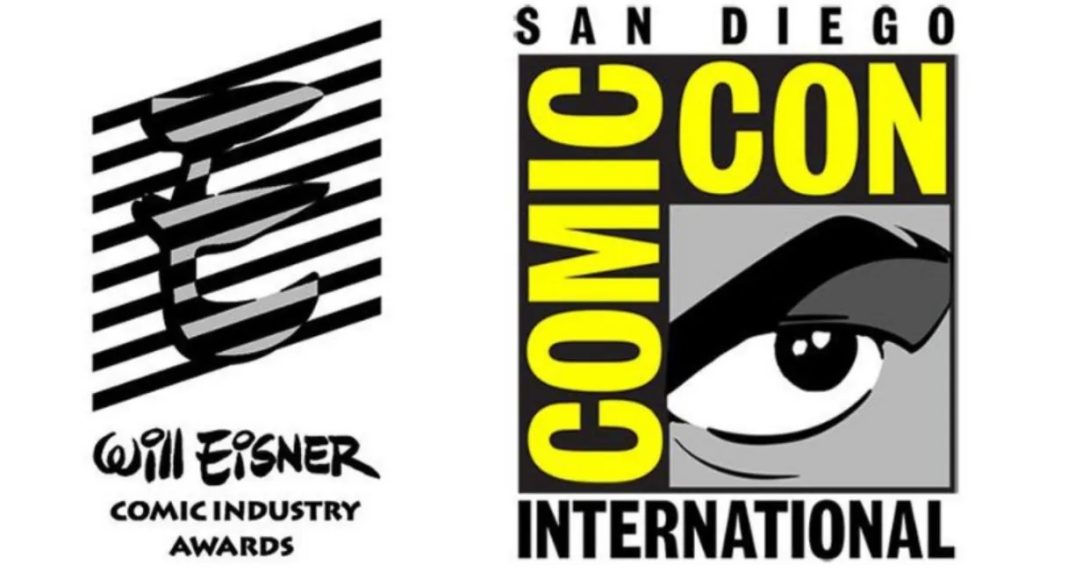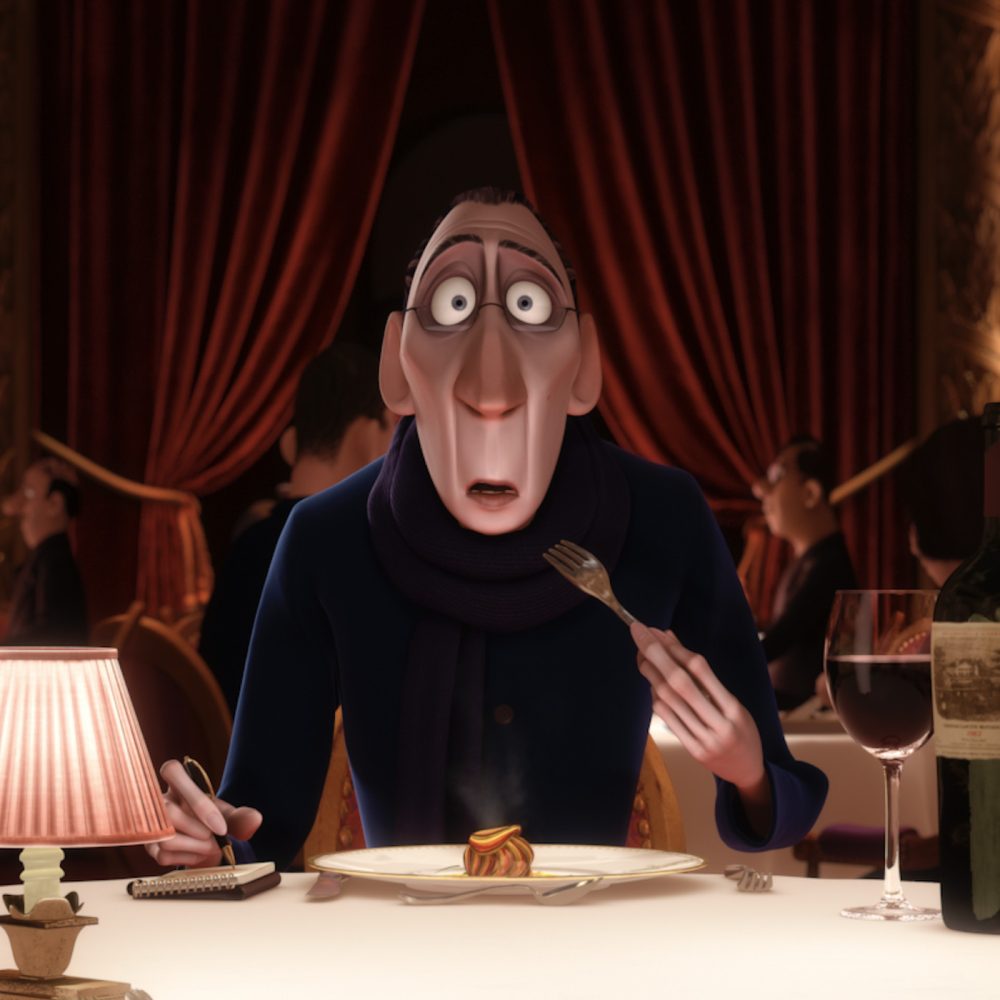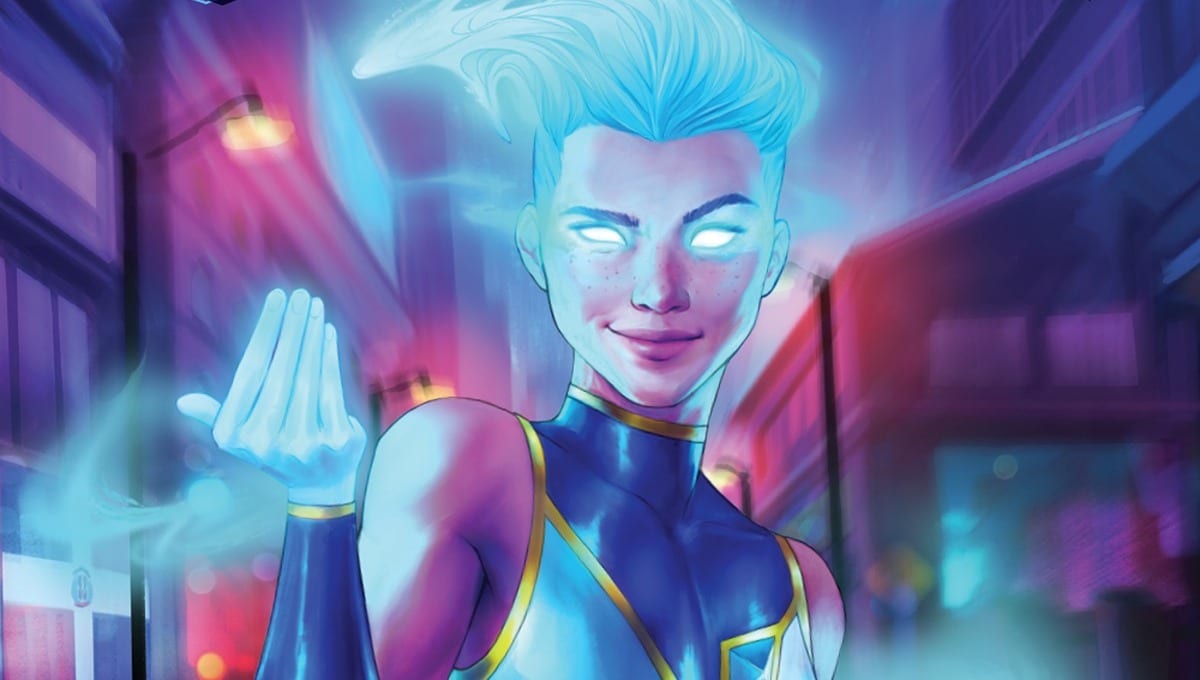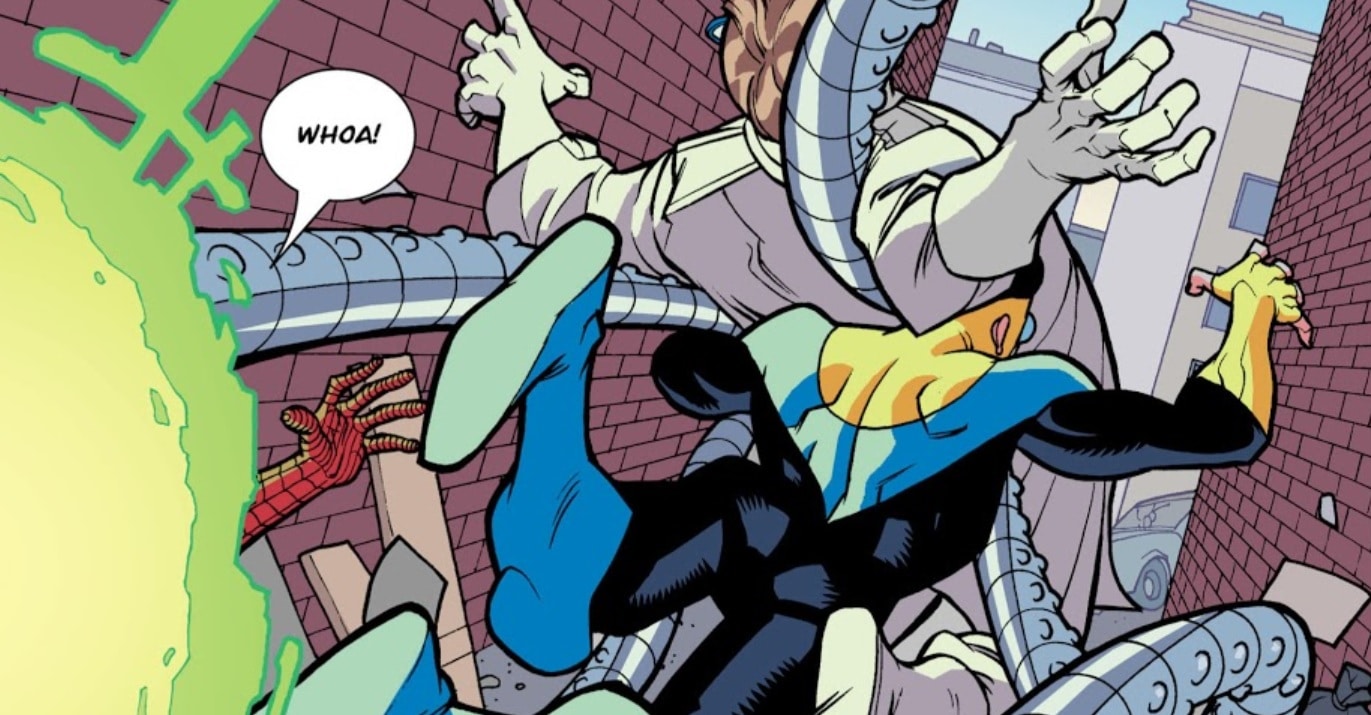The Beat’s Gregory Paul Silber has been accused of having a bit of an… obsessive personality. In Silber Linings, he takes a humorous look at the weirdest, funniest, and most obscure bits of comics and pop culture that he can’t get out of his head.
A few weeks ago, the Eisner Awards—”the Pulitzers of comics,” as I like to tell non-comics folk—announced they are eliminating the “Best Comics-Related Periodical/Journalism” category. Like many others in the comics press, this news disappointed and outraged me. But I won’t regurgitate the complaints many of my colleagues have rightly expressed here. Instead, let’s talk about why the comics press matters to people like me.
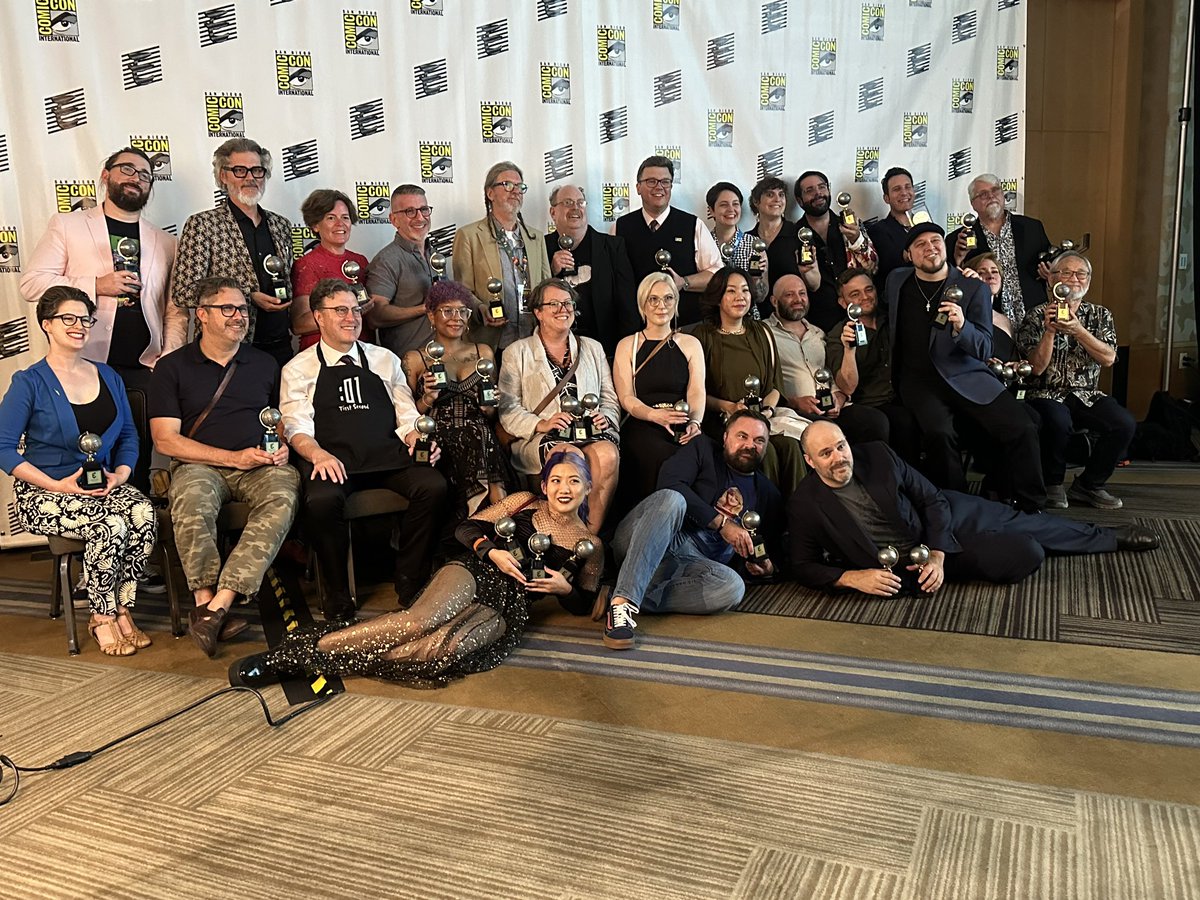
As I’ve written, I got into comics relatively late in life. However, I immediately fell head-over-heels in love with them and wanted to know everything there was to know, so I started devouring articles written by comics journalists. While part of this was out of a desire to learn more about how comics are made, especially after deciding to take my career in that direction, it was mostly because I didn’t know what to read.
Luckily, in the early 2010s, the comics press landscape was relatively robust compared to today (meaning, there were many more outlets with the resources and desire to pay people to write about comics). In those days, IGN reviewed almost every major comic book issue released each Wednesday—and I read each one.
I also read almost every single article published by Comics Alliance and was particularly fond of Chris Sims‘ work. I loved the sense of humor he brought to his insightful criticism of comics, and thanks to him (and his colleagues), I discovered a lot of great comics that I probably would’ve ignored otherwise. So, I was heartbroken when Comics Alliance shuttered, but I still watch for work by former CA contributors. I’ve been listening to every episode of Sims’ podcast with fellow CA alum Matt D. Wilson for well over a decade, though. I even appeared as a guest in 2022 to discuss my extensive interview with Grant Morrison over at PanelXPanel.
Of course, I read The Beat as well. Heidi MacDonald and company always struck me as the most thorough, incisive reporters in the comics press. When there was earth-shattering news in the comics industry, it wasn’t official until Heidi weighed in with her insights and research.
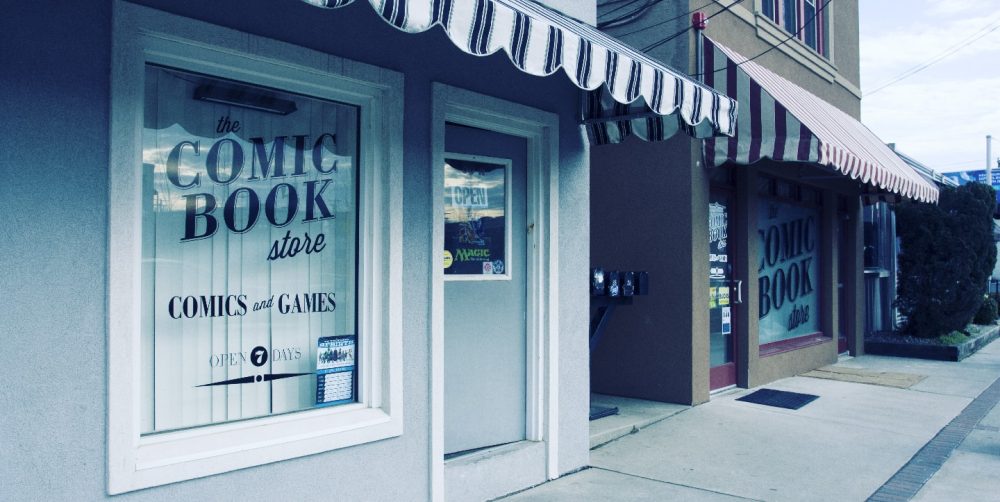
It wasn’t long before I tried to break into the comics press. I loved comics so much and had such strong opinions that writing about them scratched an itch.
After graduating from college and finishing my summer internship with the Comic Book Legal Defense Fund, I reached out to every site I knew that covered comics despite having barely any published work outside of Rowan University’s literary magazine, Avant. I barely knew how to pitch yet, but the first site that took a chance on me was AiPT! (In those days, it was still known by its full acronym, Adventures in Poor Taste!). I wrote a great deal for the outlet from 2013 to 2018 and remain grateful to them for getting my foot in the door.
Since then, I’ve written about comics and pop culture for Comic Book Resources, Shelfdust, The Daily Dot, Popverse, The Gutter Review, and probably others I’m forgetting.
If you’re active on social media as a comics fan, you might know how much shit-talking is directed at the comics press. Some comic book pros (and their sycophants) take any negative coverage as a direct attack and respond with hostility. I won’t name names, but there are a handful of creators for whom their bullying of comics critics and reporters is an open secret.
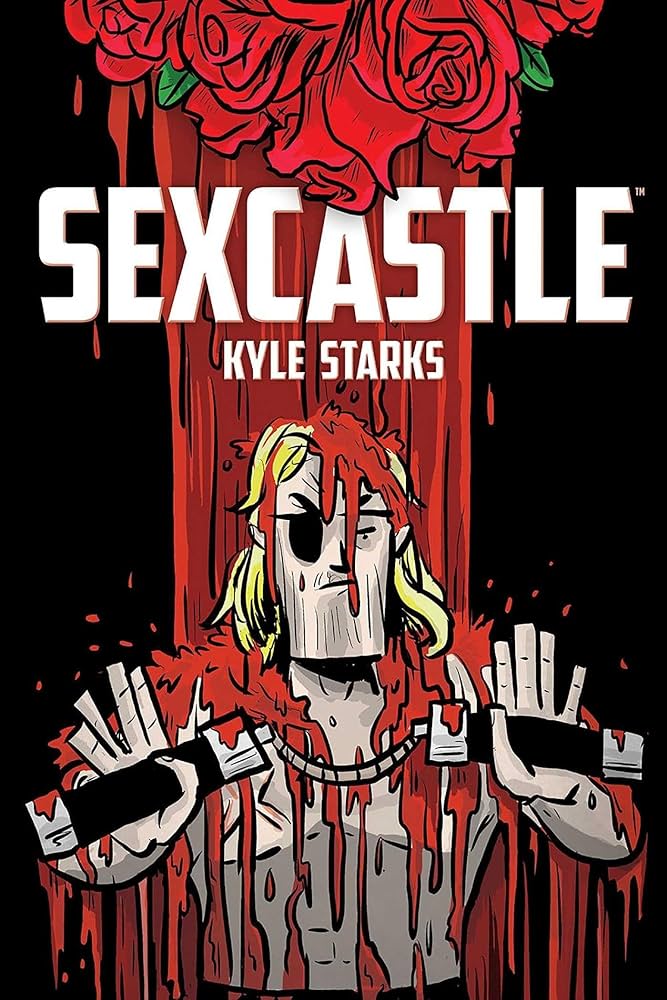
Many comic book fans and pros lament the state of comics criticism and reporting, which is not only insulting as someone dedicating himself to comics but also deeply ignorant. First, there’s still great work being done by the comics press; you just can’t find it in all the same places where it used to be. I’m convinced that most people making these kinds of complaints haven’t bothered to explore many of the best comic news and review sites, some of which emerged relatively recently. Instead, they still rely on unscrupulous clickbait sites that are shells of their former selves, and that’s honestly quite depressing.
More importantly, though, I think there’s a lot of ignorance regarding how the comics press operates and why it matters. The main thing I wish was more widely understood is that most of us write about comics for little to no pay. Does that mean we’re not worth being critiqued? Of course not. But it’s essential to recognize that we’re doing our best and that we do this because we love comics so much that we’ll do anything to share our love.
It’s not just about bringing in new readers like the comics press helped do for me. Nor is it about the fact that some seem convinced that the comics press is out to destroy comics. I’m talking about the fact that any artistic medium worth a damn needs a press scene as a resource for enthusiasts.
Let’s talk about comics criticism specifically because I’ve always seen myself as more of a critic than a reporter. While I could write a separate essay about this, comics need critics like any art form. Are there going to be critics you don’t agree with or even critics you think are bad writers? Sure. That doesn’t discredit the entire community of comics critics (editor’s note: it probably doesn’t even discredit that critic because that’s “like, your opinion, man”). Critics are important to the arts because they bring expertise and refined taste to the medium they critique. If you don’t value critics, I’m inclined to believe you don’t generally hold art in high regard.
Which brings us back to the Eisners controversy. Removing an award category for comics reporters and critics devalues that work, which in turn devalues comics. If comics are worth honoring, so are the people who take on the task of writing about them as journalists and in a separate category, not in “Comics-Related Books,” which serve an entirely different function.
(Editor’s note: Does this mean we don’t have journalistic standards? Also, of course not. It’s the responsibility of trade publications—which The Beat, ICv2, and other websites essentially are—to report on the industry, print press releases, write up reviews, and more. And they do. These sites offer to comics what The Hollywood Reporter and Deadline offer to film and TV, but on a much smaller budget.)


